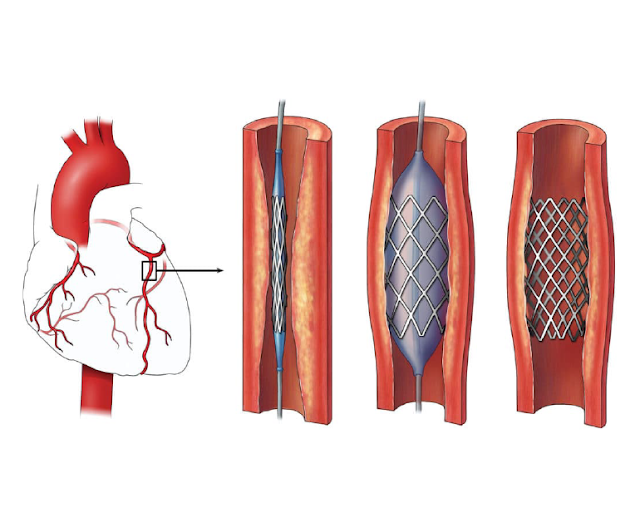Dr. Ramji Mehrotra | Heart-Healthy Habits
Heart-healthy habits encompass a range of practices that promote cardiovascular wellness. Here's a comprehensive list of such habits:
1. Regular Exercise: Engage in physical activity for at least 30 minutes most days of the week. Activities like walking, jogging, swimming, cycling, and dancing are great for cardiovascular health.
2. Healthy Diet: Eat a balanced diet rich in fruits, vegetables, whole grains, lean proteins (such as fish, poultry, beans, and legumes), and healthy fats (like those found in nuts, seeds, and avocados). Limit intake of saturated fats, trans fats, cholesterol, sodium, and added sugars.
3. Maintain a Healthy Weight: Strive to achieve and maintain a healthy weight through a combination of balanced diet and regular exercise. Excess weight, especially around the midsection, can strain the heart.
4. Quit Smoking: If you smoke, quit. Smoking is a major risk factor for heart disease and can damage blood vessels, leading to cardiovascular issues.
5. Limit Alcohol: If you drink alcohol, do so in moderation. Excessive alcohol consumption can raise blood pressure and contribute to heart problems.
6. Manage Stress: Practice stress-reducing techniques such as meditation, deep breathing exercises, yoga, or engaging in hobbies and activities that you enjoy.
7. Get Quality Sleep: Aim for 7-9 hours of quality sleep each night. Poor sleep can increase the risk of high blood pressure, obesity, and heart disease.
8. Regular Health Screenings: Schedule regular check-ups with your healthcare provider to monitor blood pressure, cholesterol levels, blood sugar, and overall heart health. Follow their advice for preventive screenings and tests.
9. Stay Hydrated: Drink an adequate amount of water throughout the day to stay hydrated and support healthy blood circulation.
10. Limit Processed Foods: Minimize consumption of processed and fast foods, which are often high in unhealthy fats, sodium, and sugars.
11. Monitor Salt Intake: Limit salt (sodium) intake to reduce the risk of high blood pressure. Opt for fresh foods over processed ones and use herbs and spices to flavor meals instead of salt.
12. Omega-3 Fatty Acids: Include sources of omega-3 fatty acids in your diet, such as fatty fish (salmon, mackerel, sardines), flaxseeds, chia seeds, and walnuts. Omega-3s can help lower triglycerides and reduce the risk of heart disease.
According to Dr. Ramji Mehrotra, by adopting these heart-healthy habits, you can significantly reduce your risk of cardiovascular disease and improve your overall quality of life.

Comments
Post a Comment